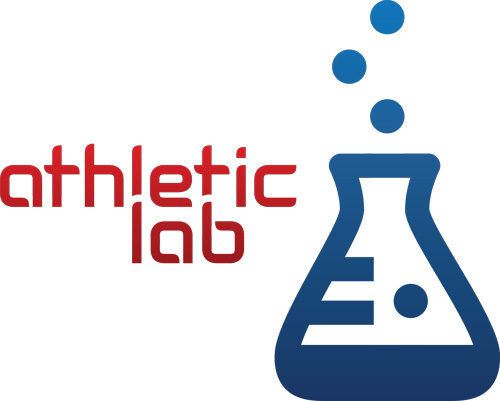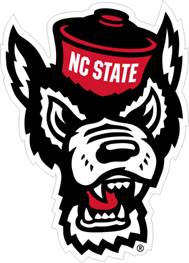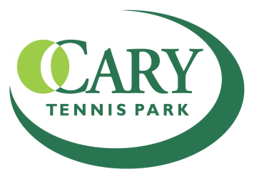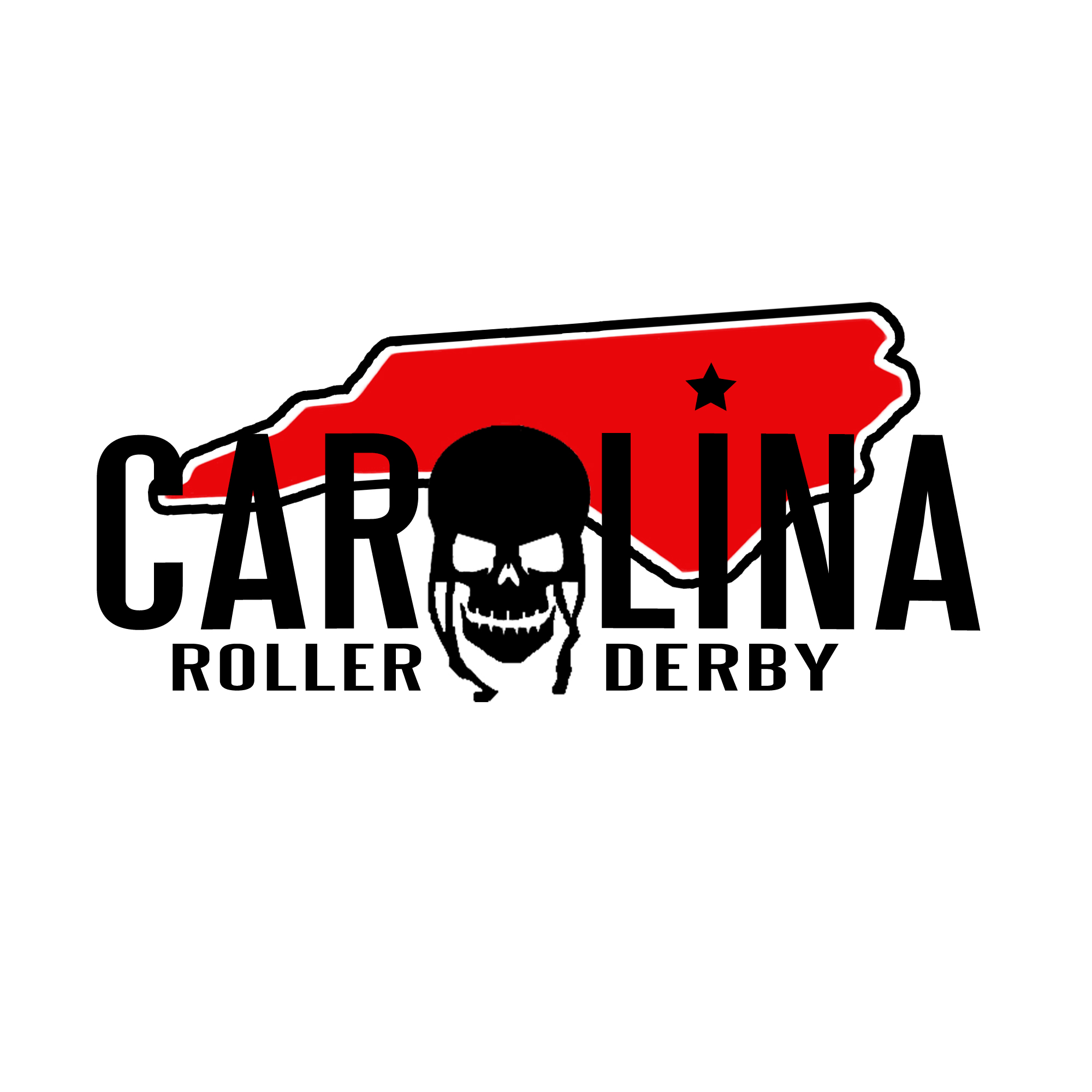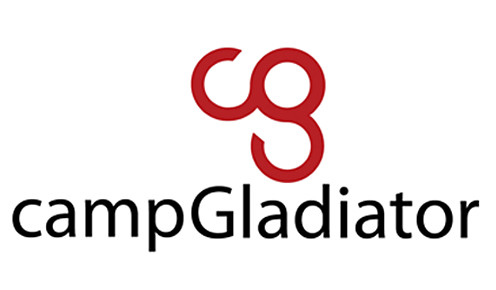By: Damien O’Sullivan, PT, MPT
A patient’s motivation is arguably one of the most important factors which influences the speed and extent of their recovery. It is a particularly notable factor for the patient who is going through a more lengthy surgical rehabilitation such as an ACL or Labral Repair. Oftentimes, such individuals will start their rehab journey with great enthusiasm and the best of intentions. It is much easier to prioritize physical therapy when they are experiencing significant pain and/or movement restrictions which affect their daily lives. Usually this is also the time that the quickest and most encouraging breakthroughs are made and these victories in themselves can be powerful motivators.
As patients progress through the rehabilitation, their motivation may wane at certain points for a number of reasons. Some may have made a successful return to independent living with very little pain and don’t prioritize their other goals quite as highly e.g. return to basketball or tennis. Others have become bored with their home exercises/therapy sessions and maybe feel that they are not being challenged or listened to appropriately. These tend to be ‘make or break’ moments which can greatly affect a patient’s chances of making an optimal recovery. The following are some tips which may help minimize the likelihood of you encountering such difficult periods during your rehabilitation.
Set Small Goals before Milestones
The concept of setting short, medium and long term goals is especially relevant to physical therapy. For instance, a patient with a knee injury needs to learn to walk correctly and build sufficient strength before they can run or jump. By setting regular and easily achievable goals, a patient will encounter successes and encouragement at regular intervals throughout their rehabilitation. This will allow them to more accurately perceive and measure their continual progress as they keep moving in the direction of that long-term goal e.g. return to soccer.
Make Home Exercise Sessions Enjoyable:
It is important that you feel that your home program is designed appropriately for you and realistically fits into your every day schedule. You should aim to customize the program to make it as enjoyable as possible. Music, for instance can also be a tremendous motivator and help make those home program workouts pass by more pleasantly. You should also understand the importance of each exercise and how they all fit into the bigger picture of helping you achieve your goals. Aimlessly doing the same routine 4-5 days a week will get monotonous even for the most enthusiastic individual. If your routine is starting to get stale or you feel that the level, design or direction is not right for you then it is important to talk with your therapist. Oftentimes it is a relatively simple matter to redesign your current program without affecting its overall effectiveness.
Choose the right rehab team and location:
Any medical professional involved in your care should be knowledgeable of your injury, compassionate and most importantly highly invested in your care from the second you walk into their clinic. At the Raleigh Orthopaedic Performance Centers, we believe in a team approach to your rehabilitation care and have witnessed this model prove highly successful in motivating our patients to achieve optimal results. Our centers rely on the seamless integration of physical therapists, athletic trainers and performance coaches to create a rehabilitation environment which helps keep your treatment sessions fresh and dynamic, while ensuring you are consistently working with the right professional to help achieve your treatment goals. Our state of the art performance centers are also outfitted with market leading equipment/technology and sufficient training space in order to best simulate an accurate return to play program for your chosen sport.
Staying motivated throughout your rehabilitation journey can be a challenging task but you can set yourself up for success by setting appropriate goals, customizing your workouts and choosing the right team.
About the Author:
Damien graduated with a Masters in Physical Therapy from Queen Margaret University in 2009. He developed and ran a highly successful Physical Therapy Clinic in Cork, Ireland. During this time he was head physical therapist to the Irish United Taekwondo Federation. He started working at the APC in 2016 and currently treats a variety of sports injuries and orthopedic conditions. He has completed continuing education in the following areas:
McKenzie Diagnosis and Treatment of the Lumbar Spine
ACL Rehabilitation Course
Kinesiology tape clinical applications
FMS Level 1 Certified
Sports Taping for Athletic Injuries




